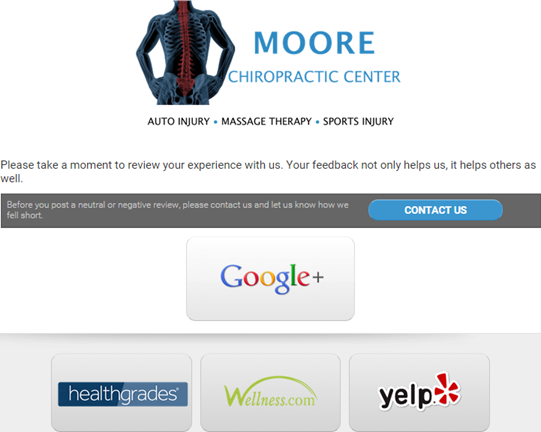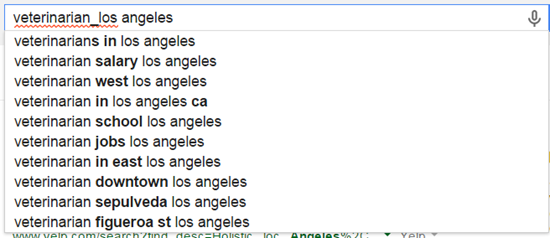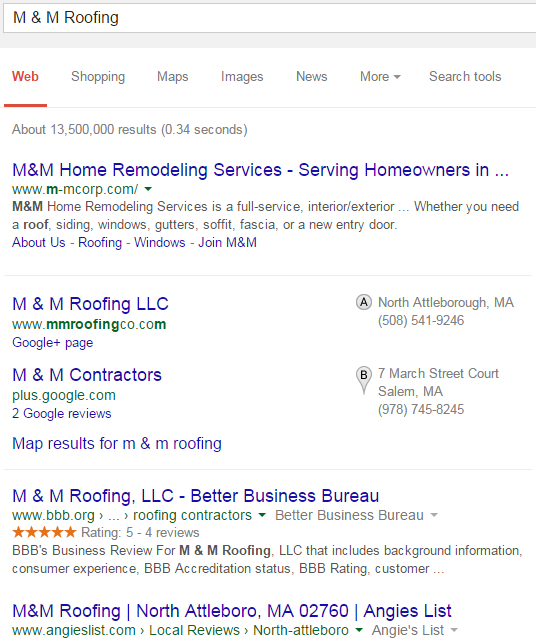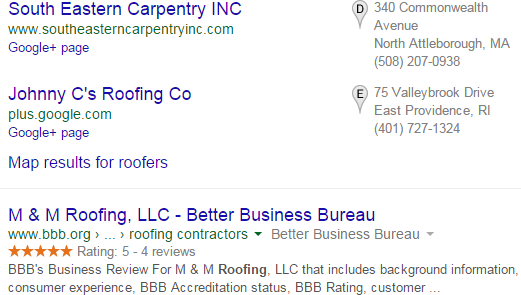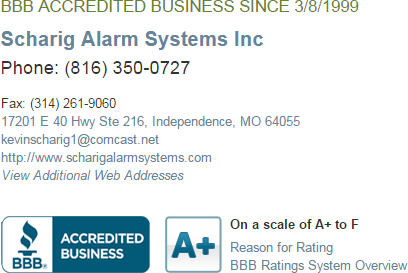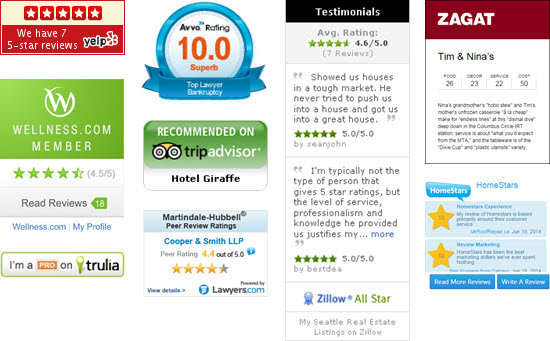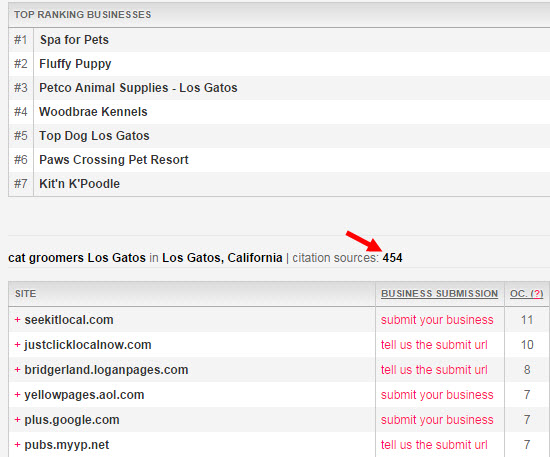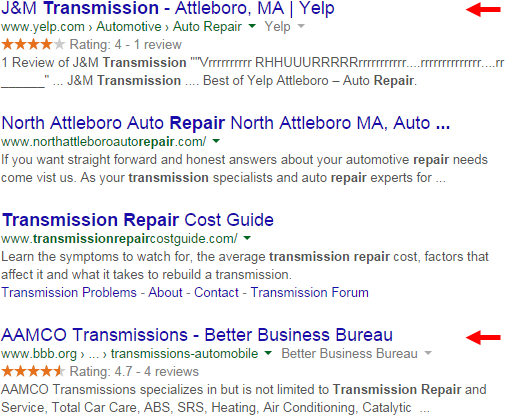Tricky question.
Let’s start with the obvious gold standard: your customers write openly about their experiences with you in online reviews, and you did such a good job for them that those reviews glow. Anyone who types in your name can easily see your tip-top reviews on Google+ and Yelp and Facebook and on other sites. That’s the goal.
But what about reviews from people other than your customers, clients, or patients? How legitimate are those reviews? Do they have their place in the world when the odds are slim that your customers will ever speak up? How about when review sites don’t even have policies against non-customer reviews? Should you still ask?
Those questions matter for a few reasons:
- In some industries it’s tougher to get reviews than in other industries. If you’re a dentist or innkeeper and you don’t have reviews (preferably positive ones) then you’ve got problems. But if you’re a psychotherapist or divorce lawyer who’s short on reviews you’re not alone.
- Different sites have different rules on reviews. Yelp doesn’t want you to ask anyone for reviews, even if you welcome honest and possibly harsh appraisals. Google’s policies seem to change with the zodiac signs. Facebook is laissez-faire.
- You want to feel comfortable when you ask for a review. That’s tough if you feel you’re crossing a line.
- Being ethical is the most important thing. Companies that disappoint customers down but still squeeze out positive reviews eventually get what’s coming.
Who should and shouldn’t write you an online review? A recent conversation with Darren got me to thinking about that slippery question. I can’t think of a simple answer, so I’m just going to burp on my thoughts on it.
I want to emphasize that these are my opinions. Feel free to disagree with me in the comments. I don’t know that anyone’s delved into this topic yet, so even if these are the first words on it, they’re surely not the last.
Legitimate non-customer reviewers:
- Recipients of pro bono work. You might be a lawyer who took on a case pro bono, or a doctor who patched up somebody and didn’t send a bill, or a tow-truck driver who hauled someone back to civilization for free. In my opinion, it is fine to say, “By the way, I’d really appreciate a review.”
- Relevant spouses or family members of the customer (the person who paid you). As I once wrote, there’s nothing wrong with requesting a review from a guy who bought an engagement ring, and requesting one from his fiancée if possible. Or if two members of a family bring their cat to the vet I would say it’s fine to encourage both of them to speak up online. They’re likely to follow each other’s leads.
- Almost-customers, like people for whom you did a free consultation. Of course, you don’t want too many reviewers like them. But if they say they really appreciate you time – even though they’re going in another direction – it’s fine to say, “It’d mean a lot to me if you could jot that down in a quick online review.”
- Event attendees. Let’s say you hosted a charity event or a free tour. Assuming it’s clear to the reader that those people aren’t customers, I’d say they’re fair game.
Possibly-legitimate reviewers
- Peers. For instance, if you’re a lawyer, Avvo lets you review other lawyers. The nice thing is that they’re unlikely to pretend to be your clients, so the review will probably be transparent to a fault. The drawback is that it’s tempting to go for a quid pro quo, which can make both parties look un-objective.
- Other business owners. Google lets you do this. But that doesn’t mean you should, unless the relationship is clear and not a “scratch my back and I’ll scratch yours” deal.
- Friends who are also customers. Would they have written you a positive review if they weren’t friends with you – just happy customers? Is it clear in the reviews that there’s a personal relationship? Were they customers who became friends? This one’s tricky.
Reviewers in very gray areas
- Of course mom will say you’re great. And your kids had better give you 5 stars, or no allowance. But what if you actually accepted money from Uncle Louie to re-upholster his Pacer? Yes, he’s a customer, but he’s also biased. I would not suggest asking family.
- Friends who aren’t customers. Even if the relationship is crystal-clear to readers, this just isn’t why we came up with the idea of reviews.
- Reviews from disgruntled employees have their place in the world, but to ask an employee for a review is sketchy. I think the only question here is: do you ask employees to remove reviews that they wrote because they thought they were doing you a favor? (I probably would.)
- Not a good idea if the internship is current, or might lead to employment. Otherwise, maybe.
—
Don’t ask just anyone for reviews. Even if your principles differ from mine, at least have them and follow them. That’s the best way to keep your reputation out of Boot Hill.
What do you think of reviews from non-customers? Have you ever requested any?
Where do you draw the ethical line(s)?
Leave a comment!


